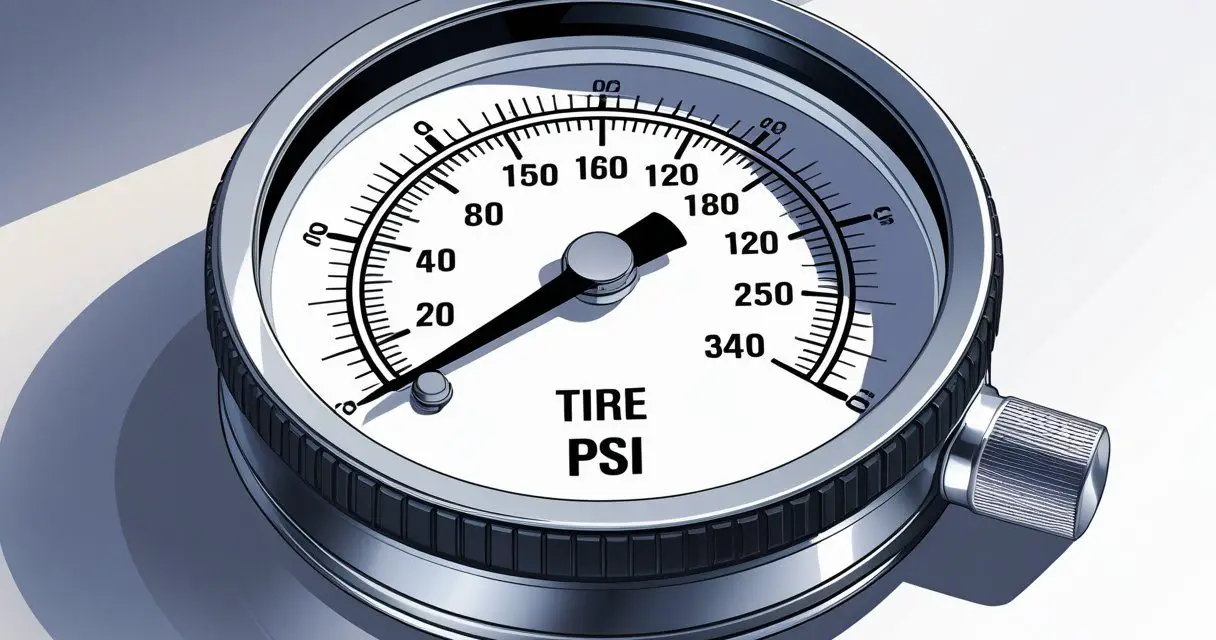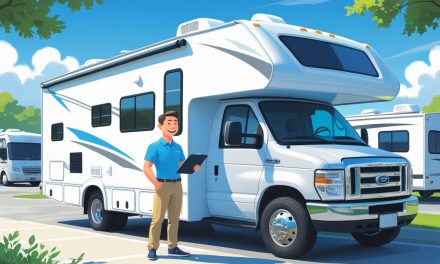RV owners know that keeping tabs on your home-on-wheels is crucial—after all, nobody wants a flat tire mid-adventure or a dead battery in the middle of nowhere. That’s why we asked our readers in a recent newsletter poll: “What type of RV monitoring system do you use?” The responses were eye-opening, showing just how much RVers rely on technology to stay ahead of potential issues. From tire pressure to battery levels and water tanks, it seems many of you are covering all your bases.
If you haven’t voted yet, don’t worry—there’s still time to weigh in and help shape future results!
The Poll Results at a Glance
| Monitoring System | Percentage of Votes |
|---|---|
| Tire Pressure Monitoring | 19% |
| Battery Monitor | 8% |
| Water Tank Monitor | 4% |
| All of These | 69% |
Would you like to save this article?
The Clear Winner: RVers Love Full Coverage
It’s no surprise that 69% of voters use all three monitoring systems—tire pressure, battery, and water tank monitors. This overwhelming majority suggests that experienced RVers aren’t taking any chances. After all, why monitor just one thing when you can keep an eye on everything? A single system failure can turn a dream trip into a roadside nightmare, so it makes sense that most owners prefer a comprehensive approach.
Why Tire Pressure Monitoring Still Matters
While 19% of voters rely solely on tire pressure monitoring, this makes perfect sense—blowouts are one of the most common (and dangerous) RV issues. Properly inflated tires mean better fuel efficiency, smoother rides, and fewer unexpected stops. Still, it’s interesting that fewer than 1 in 5 respondents rely exclusively on this system. Perhaps the risks of battery drainage and water shortages have pushed more people toward complete monitoring setups.
Battery and Water Tank Monitors: Underrated but Essential
Only 8% of voters use just a battery monitor, and a mere 4% track only their water tank levels. These low numbers might indicate that while both systems are important, they’re rarely used alone. Running out of power or water can ruin a camping trip, but since these issues are often easier to predict (and prevent) than sudden tire failures, most RVers seem to bundle these monitors with other systems rather than relying on them independently.
Why Did the Results Shake Out This Way?
Our theory? RV owners are getting savvier. With more affordable and integrated monitoring systems available, it’s easier than ever to keep tabs on every critical system. The fact that nearly 7 in 10 RVers use all three monitors suggests that the industry has shifted toward all-in-one solutions—and owners are embracing them. Additionally, as RV technology advances, people are becoming more aware of how interconnected these systems are. A failing battery can impact water pumps, and underinflated tires can strain the whole vehicle.
Final Thoughts: Is Your RV Fully Monitored?
If you’re part of the 31% who don’t use all three monitoring systems, it might be time to consider an upgrade. The peace of mind that comes with knowing your tires, battery, and water levels are all in check is priceless—especially when you’re miles from the nearest repair shop. And if you haven’t voted yet, make sure to cast your ballot in our next poll! Your input helps us understand what matters most to the RV community.
So, are you Team “All of These” or do you swear by a single monitoring system? Let us know in the comments in our facebook group—and happy (and safe) travels!







